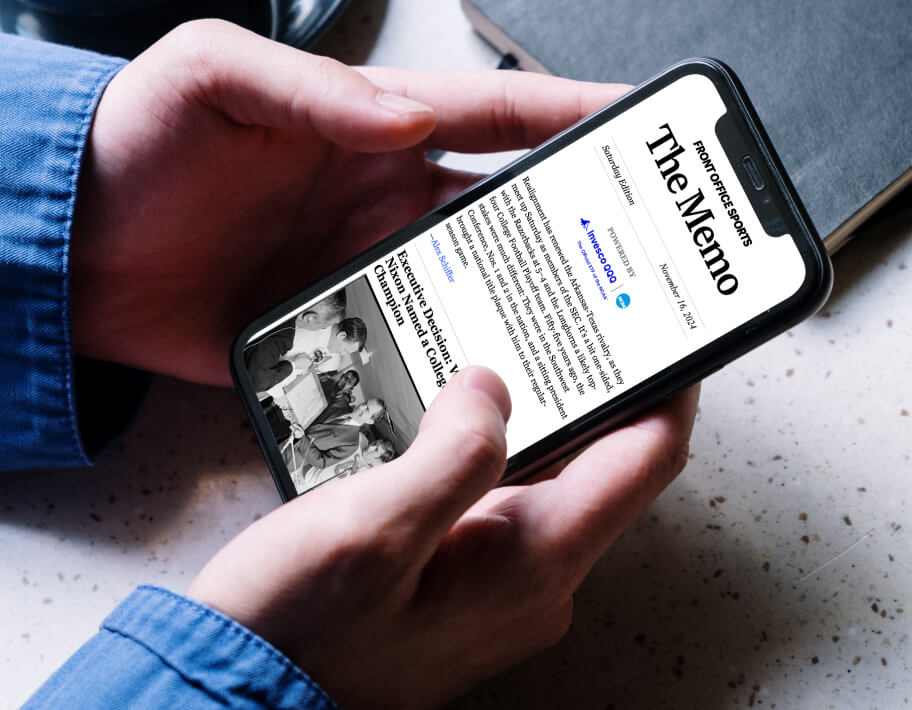President Donald Trump’s sweeping travel ban shouldn’t immediately impact the NBA and MLB, two leagues with players in the countries named in Wednesday’s proclamation.
Trump’s travel ban places a full suspension of entry from 12 countries, including Afghanistan, Myanmar, Chad, the Democratic Republic of Congo, Iran, and Sudan, among others. Cuba, Venezuela, and others have partial restrictions.
The proclamation came with exceptions, including for professional athletes participating in major sporting events, and specifically listed the upcoming 2026 World Cup, which will be played in the U.S., Canada, and Mexico, and the 2028 Olympics in Los Angeles. The White House didn’t provide any further details on how the ban might affect professional sports leagues, as well as college and amateur athletes.
“What it’s all going to come down to is how they define major sporting events,” Jeff Joseph, the president-elect of the American Immigration Lawyers Association told Front Office Sports. “Formula 1 racing, the US Open, we don’t know yet how they’re going to define a major sporting event. And we don’t know yet because the White House issues a proclamation and the agencies are in charge of handling the specifics.”
When asked for the specifics of the ban and who it impacts, the White House referred FOS to the State Department. When reached for comment, the State Department referred FOS to the White House.
The NBA currently has no active players from the listed countries, but will have one shortly as Duke center Khaman Maluach hails from South Sudan and is a projected lottery pick in the June 25 draft. Multiple league sources told FOS that Maluach’s visa status is not in jeopardy despite the ban.
Joseph says Trump’s ban isn’t focused on foreign players like Maluach. “It should only impact people who don’t yet have a visa,” he tells FOS. “If they have a visa, theoretically they should be fine.”
Baseball has a much different player breakdown than the NBA. Some of the game’s biggest stars are from countries listed under the ban, such as Braves outfielder Ronald Acuña Jr. (Venezuela) and Astros slugger Yordan Alvarez (Cuba).
Other professional sports leagues, such as the NHL and NFL, don’t have the player pool from the listed countries that MLB and NBA do.
A spokesperson for the MLB Players Association told FOS it is still working through the proclamation, but said the majority of its members should be in the clear.
“The Players Association is consulting with immigration experts and has been in touch with both MLB and other sports unions on this issue,” the MLBPA statement said. “Importantly, as currently drafted, the proclamation does not impact or affect Players with either P [athletes or performers] or O [arts] visas, or their family members with dependent visas. We will continue to monitor closely all U.S. immigration developments and any adjustments or revisions that may be made.”
MLB doesn’t have an international draft; instead the league has a signing day for non-U.S.-born prospects in January, which means the ban might not pose issues for teams and players in free agency for months.
What’s more of an unknown is if players from the listed countries with existing visas will have the ability to re-enter the U.S. For instance, if they play on the road, in Toronto, or they’re returning to the U.S. from their native country after the offseason, will they face problems?
“There’s really no distinction with [returning from] Canada,” Joseph says. “This proclamation is a ban on entry. It’s about the granting of visas, but it’s really a ban on entry.”

















